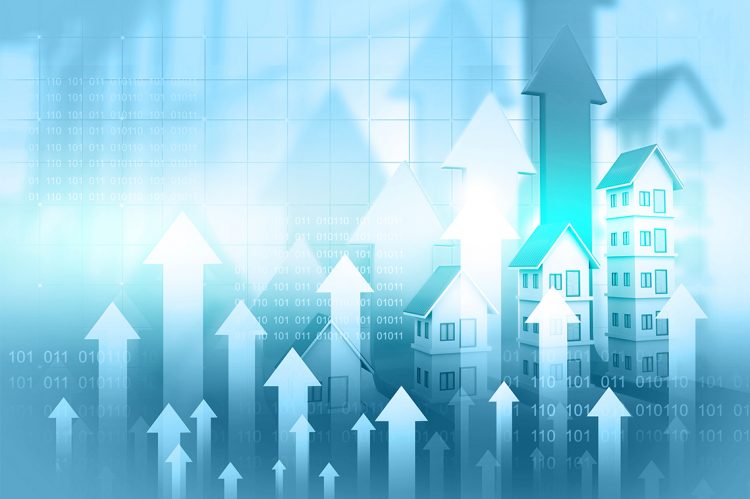Though U.S. home price growth relaxed slightly in May from April, it remained in double digits year over year for the 16th consecutive month, according to the latest CoreLogic Home Price Index (HPI™) and HPI Forecast™ for May 2022, released last week.
As in past months, all states and Washington, D.C. posted annual appreciation, with 13 states posting gains of more than 20%, according to the index. While rising interest rates cooled overheated demand this spring and are expected to contribute to slowing price growth over the next year, motivated buyers may have less competition and more opportunities moving forward, CoreLogic stated.
Key findings:
- U.S. home prices (including distressed sales) increased 20.2% in May 2022, compared to May 2021. On a month-over-month basis, home prices increased by 1.8% compared to April 2022.
- In May, annual appreciation of detached properties (20.9%) was 2.9 percentage points higher than that of attached properties (18%).
- Annual U.S. home price gains are forecast to slow to 5% by May 2023 as rising mortgage rates and affordability challenges are expected to cool buyer demand.
- Tampa, Florida logged the highest year-over-year home price increase of the country’s 20 largest metro areas in May, at 33.4%, while Phoenix posted the second-largest hike, at 28.7%. These two metros also registered the largest gains in March and April.
- Florida and Tennessee posted the highest home price gains, a respective 33.2% and 27.4%. Arizona ranked third with a 27.3% year-over-year increase. Washington, D.C. ranked last for appreciation at 4.3%, but CoreLogic forecasts that the rate of price growth there will rise slightly by May 2023.
The takeaway:
“Slowing home price growth reflects the dampening consequence of higher mortgage rates on housing demand, which was the intention,” said Selma Hepp, deputy chief economist at CoreLogic. “With monthly mortgage expenses up about 50% from only a few months ago, fewer buyers are now competing for continually limited inventory. And while annual home price growth still exceeds 20%, we expect to see a rapid deceleration in the rate of growth over the coming year. Nevertheless, the normalization of overheated buying conditions should bring about more of a balance between buyers and sellers and a healthier overall housing market.”












